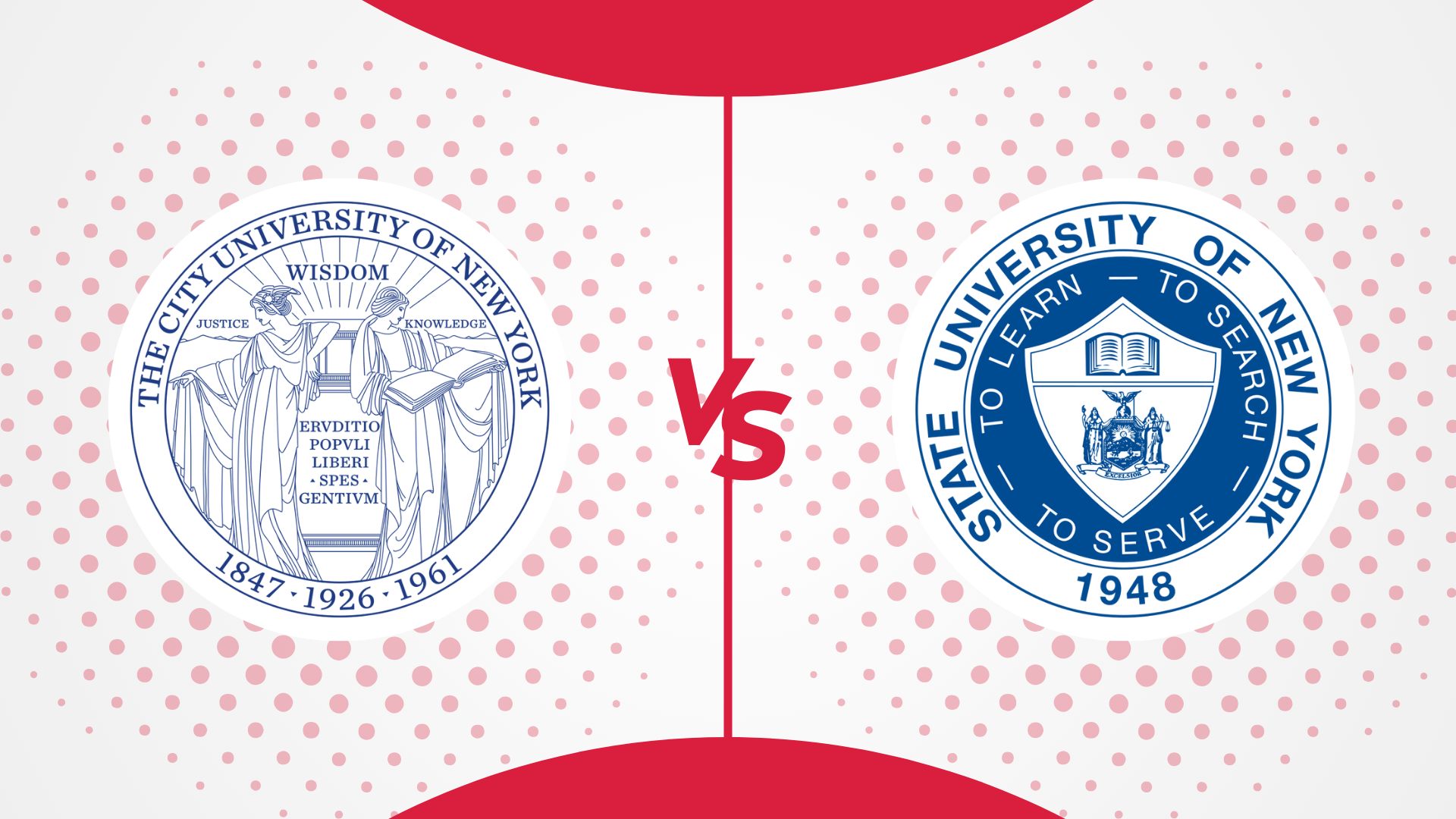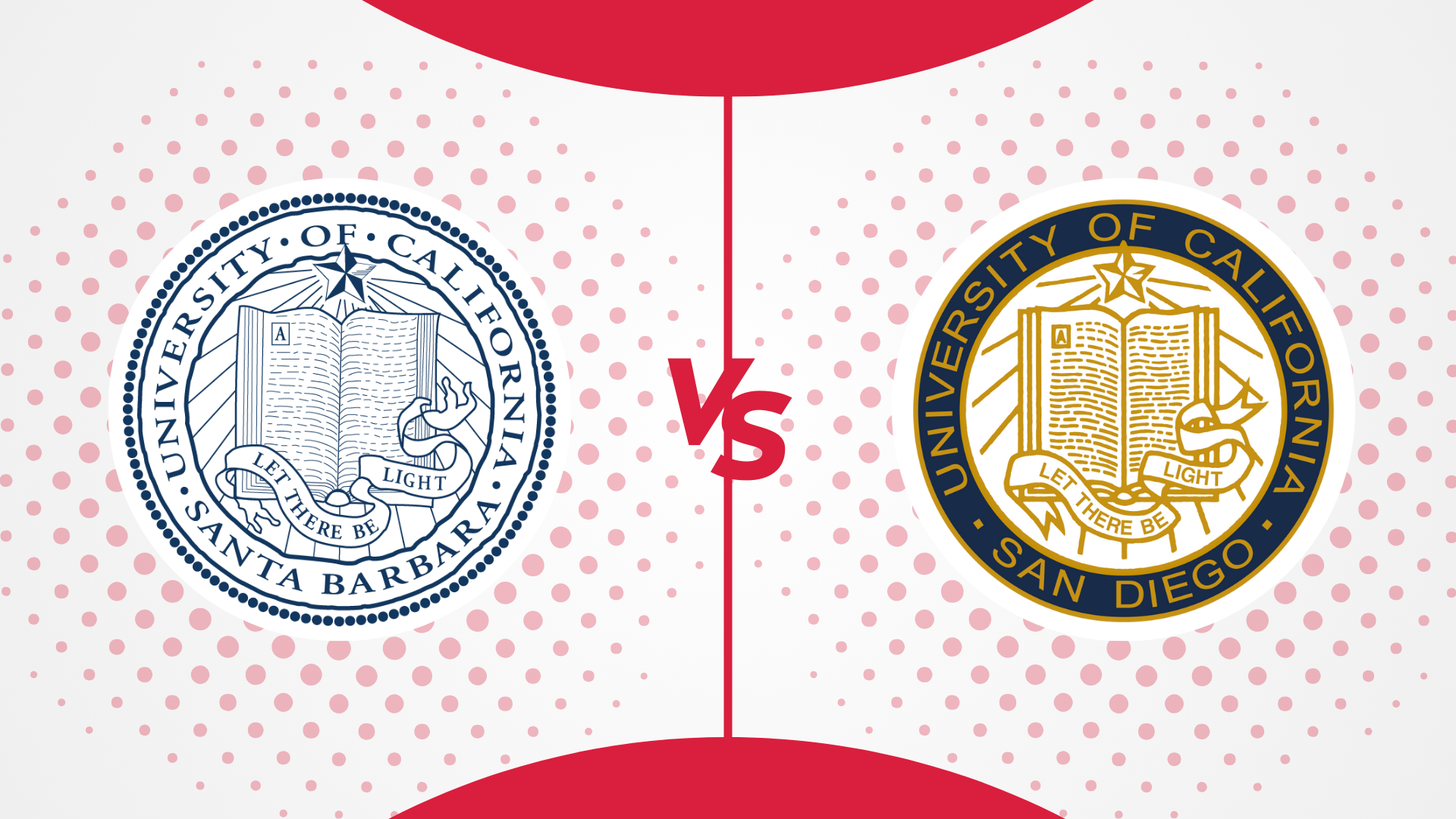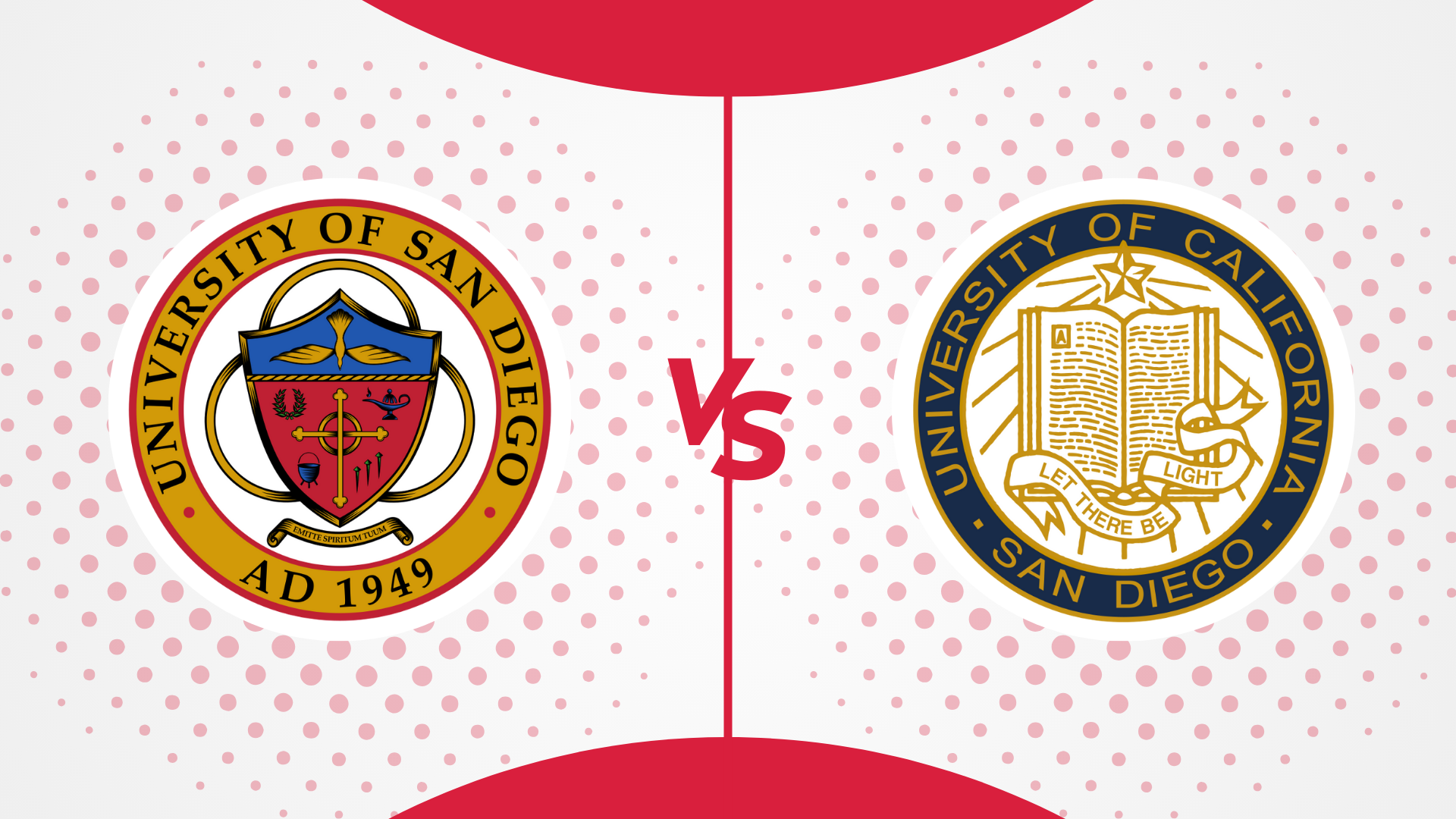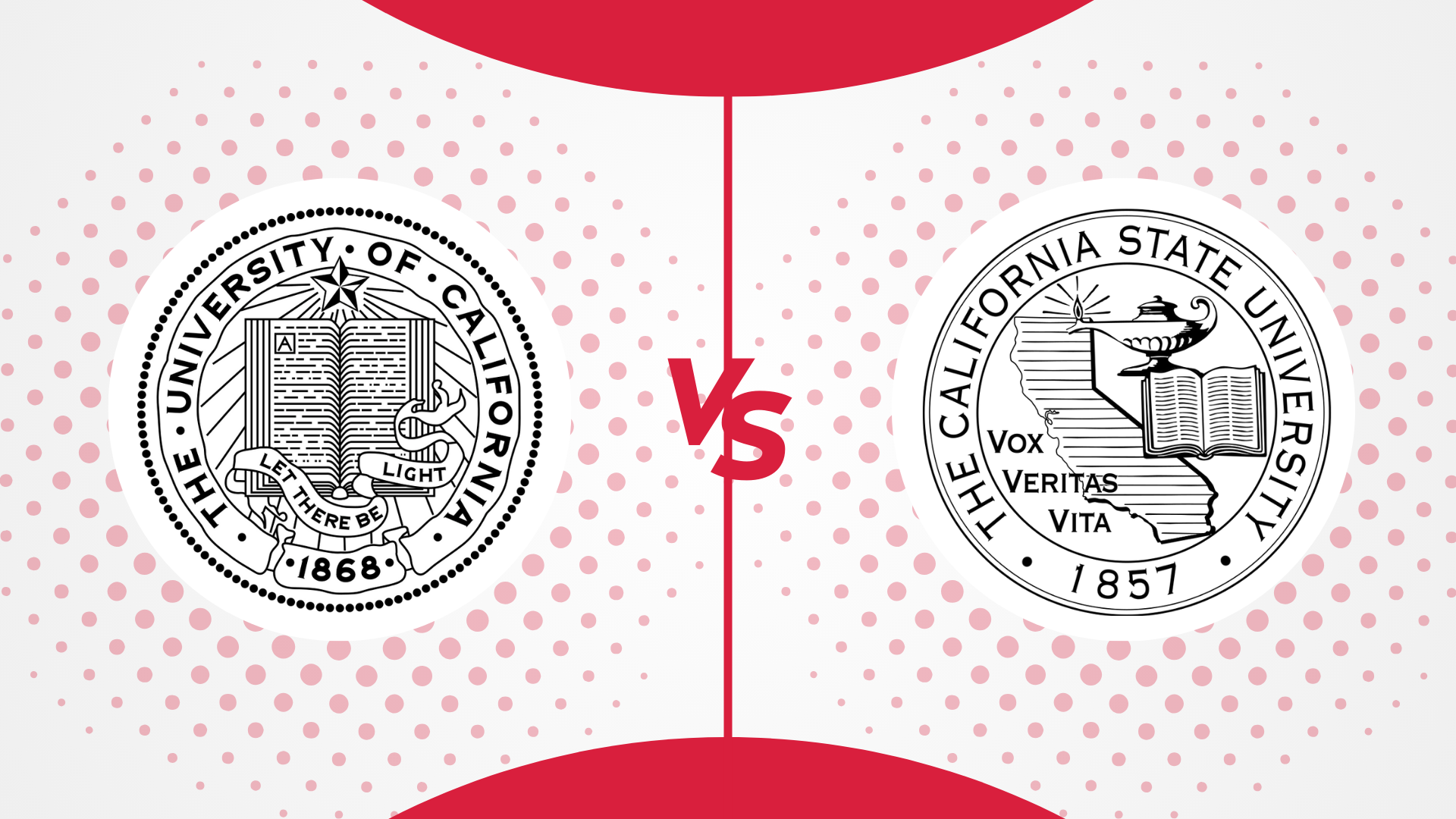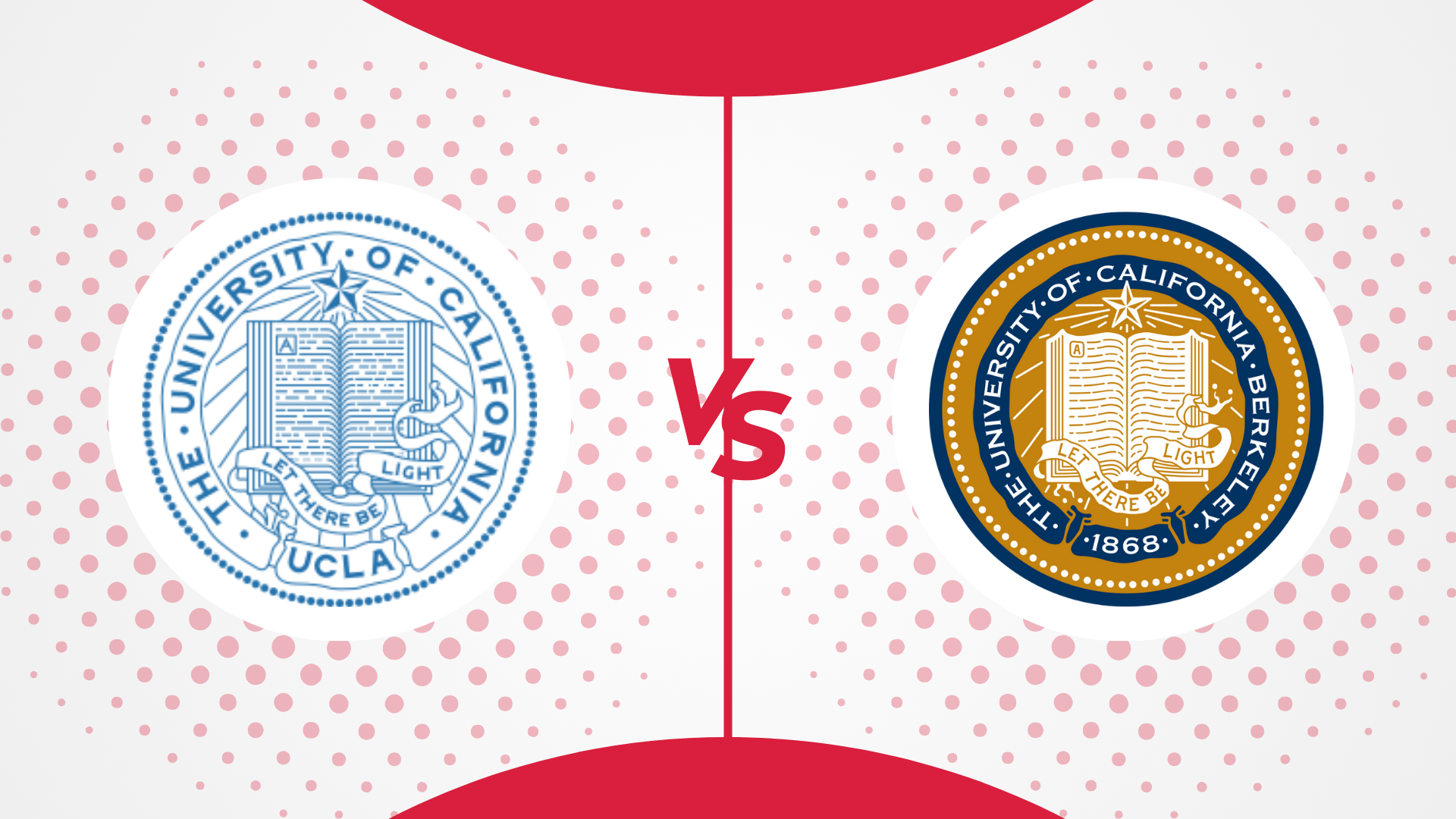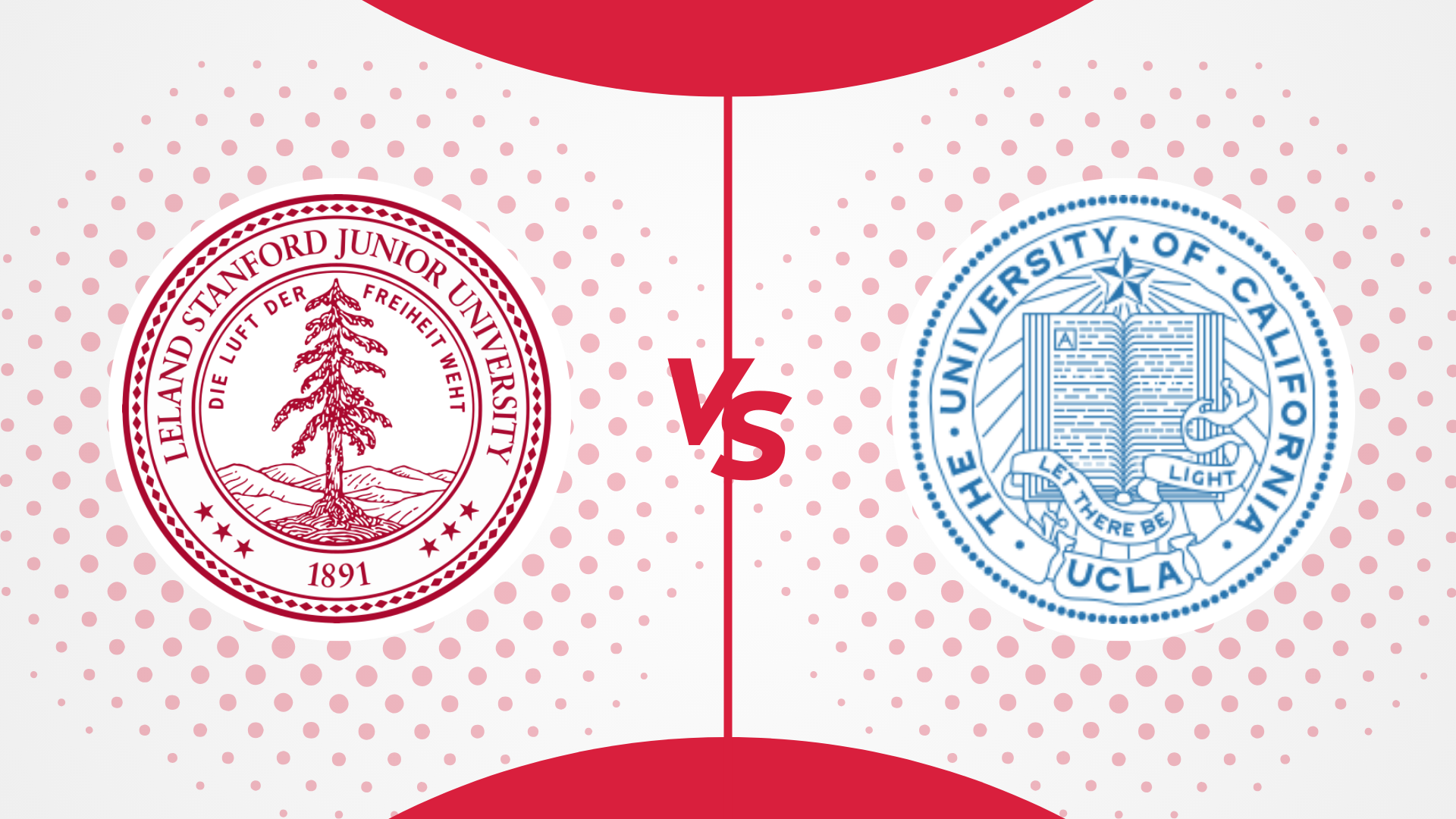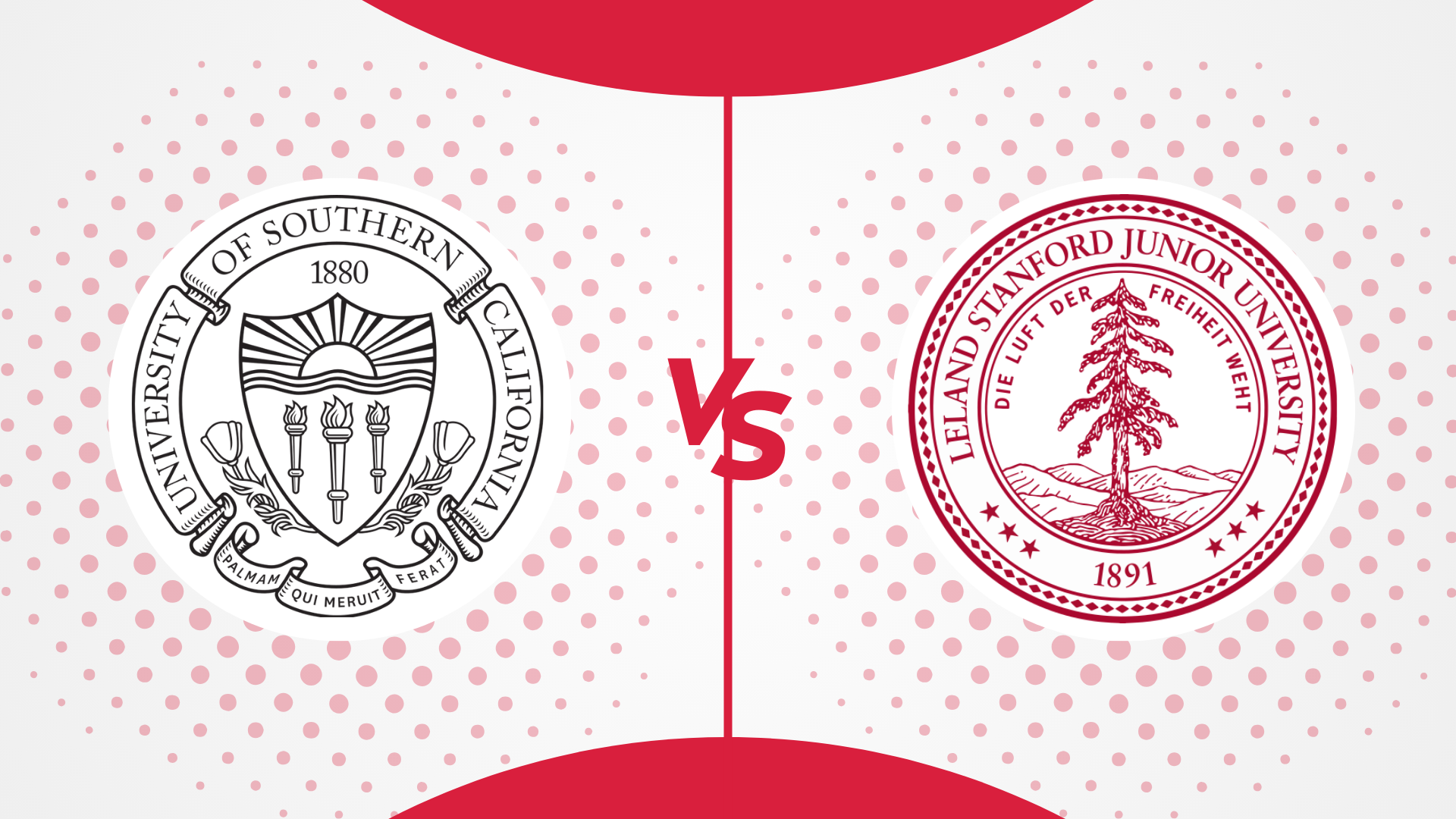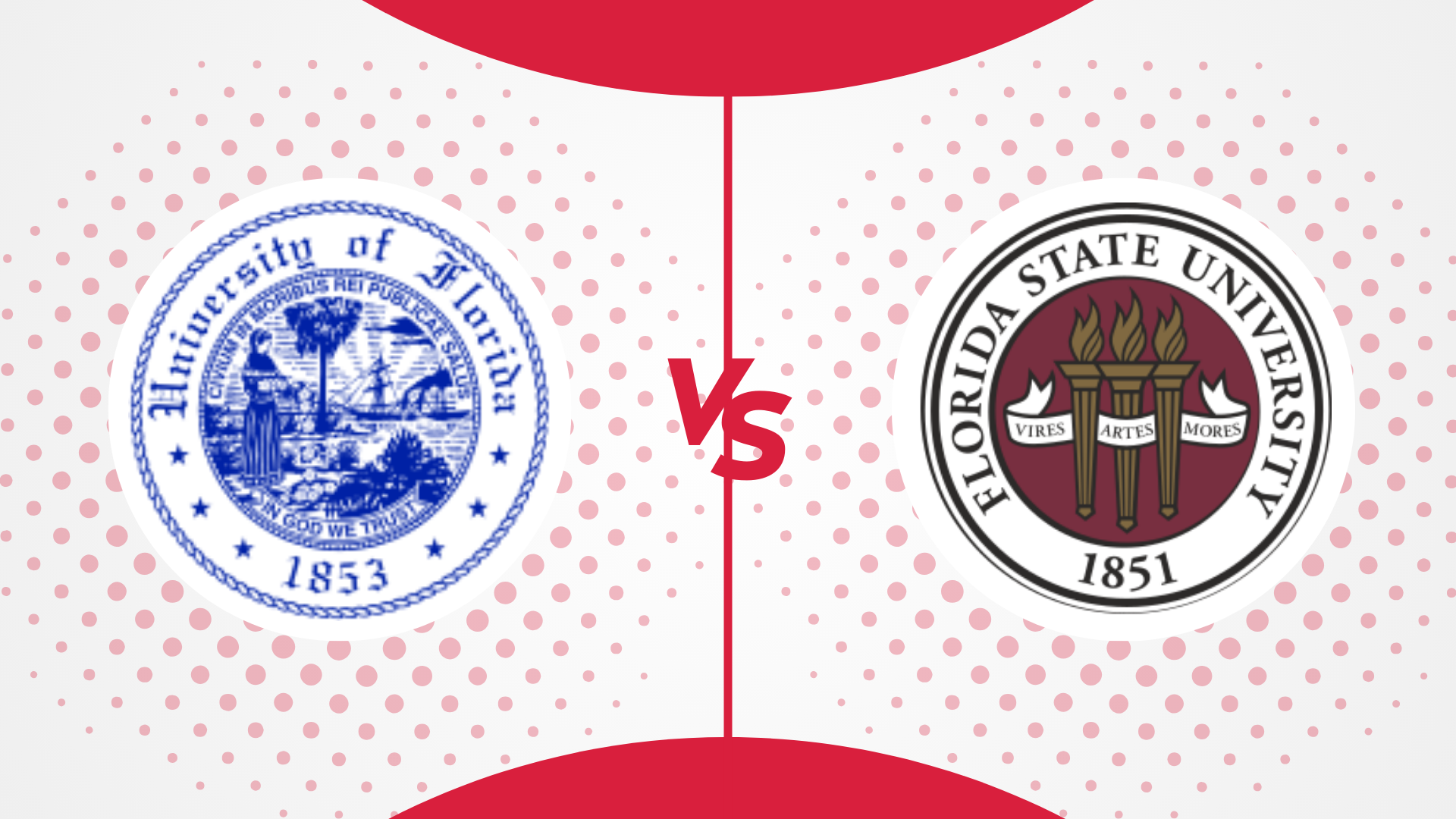The choice of London School of Economics vs King’s College London is not simple. Two world-class universities located in England’s capital, both of which are members of the University of London, are renowned for their excellence, legacy, and the opportunities provided to their students. So, how does one choose between the two?
We look at an in-depth comparison of these two UK universities across various parameters so that you can make an informed decision about a school best suited for your needs.
A quick first look
LSE is known for its focus on social sciences, particularly economics, political science, sociology, and international relations. It consistently ranks among the top universities in the world for these disciplines. LSE’s strengths lie in its research and ability to provide students with direct access to policymakers, businesses, and global organizations due to its strategic location in London. The student body is highly international, creating a diverse learning environment. LSE has a strong alumni network, with many graduates becoming influential figures in global politics, economics, and business.
King’s College London (KCL) is known for its broad range of academic programs, including strong offerings in law, humanities, medicine, and social sciences. While KCL is also located in central London, providing access to the same rich professional and cultural opportunities as LSE, its approach is more interdisciplinary. KCL has a strong reputation for healthcare-related fields, thanks to its close connections with major hospitals and research centres. The student life at King’s is vibrant, with more than 300 clubs and societies, contributing to a well-rounded university experience.
In terms of university rankings, the London School of Economics (LSE) typically ranks higher than King’s College London (KCL), especially in specific fields like social sciences and economics. LSE is also often compared to Oxford.
Moreover, LSE is also compared to London Business School—but there are differences between all of these, so you need to explore before you decide on the right one.
Overview of LSE and King’s College London

Brief History and Background
London School of Economics and Political Science
Established in 1895, the London School of Economics is a public research university and a member institution of the University of London. The school was founded by members of the Fabian Society, including socialist economist and reformer Sidney Webb, social investigator Beatrice Webb, the political scientist Graham Wallas, and the writer George Bernard Shaw, to work towards correcting the gaps caused by inequality. It is due to this background that LSE continues to focus on the social sciences.
Located in the London Borough of Camden and Westminster, LSE has over 25 academic departments, ranging from accounting to statistics. It is a world leader in social science and policy research, ranking 3rd in the UK (Guardian 2026) and 56th in the world (QS WUR 2026).
King’s College London
One of England’s oldest and most prestigious universities after Oxbridge, King’s College London was founded in 1829 by royal charter. In 1836, KCL became one of the two founding colleges of the University of London, along with UCL. With a history of over 200 years, the college has been deeply rooted in the belief that learning and research should serve society.
With five campuses across London, academics at KCL are divided into nine faculties offering over 190 bachelor’s degrees and over 350 graduate degrees to its students. A member of the prestigious Russell Group, KCL ranks 5th in the country and 31st in the world according to the Guardian League Table and QS World University Ranking 2026 respectively.
Key Statistics and Rankings
Here is a table comparing the key stats and ranks when it comes to the London School of Economics and Political Science vs King’s College London
| LSE | King’s College London | |
| Campus | London, England | London, England |
| Ownership | Public Research University | Public Research University |
| QS World University Rank 2026 | 26 | 31 |
| Times Higher Education Rank 2026 | 50 | 36 |
| Guardian National Rank 2026 | 4 | 28 |
| Undergraduate Student Body | 5,983 | 26,791 |
| Graduate Student Body | 6,051 | 18,256 |
| % of International Enrollment | 64% | 53.3% |
| Average Acceptance Rate | Around 9% | Around 13% |
| Student Staff Ratio (Source: The Complete University Guide League Table, 2026) | 12.8 | 14.0 |
| Number of Undergraduate Programs | 40 degrees | 190+ |
| Number of Graduate Programs | Around 180 | 350+ |
| Number of Athletic Teams | Over 40 sports clubs | 60+ teams |
| Number of Clubs and Student Organizations | 250+ | 400+ |
| School Colours | Purple, Black and Gold | Blue and Red |
London School of Economics vs King’s College: Academic Comparison
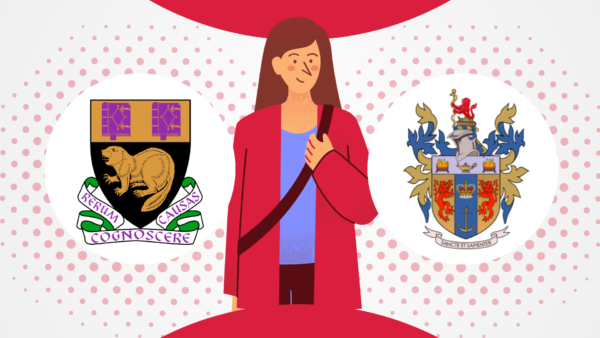
When comparing King’s College London vs. LSE, academics are the first aspect to consider. At first glance, one thing becomes clear: They are both world-renowned institutions located in one of the greatest cities in the world—London. However, they have distinct academic ethos, focus, and strengths.
In this section, we’ll look at both KCL and LSE and analyse their undergraduate and graduate courses, modules, choices and flexibility, ranking, degrees and class sizes, academic calendars, research facilities, and budgets, all of which can become important factors in deciding between the two universities.
Undergraduate Programs
Program Options: When looking at LSE vs KCL, the scope of degrees available is very distinct. As its name indicates, LSE’s emphasis is entirely on the social sciences. Except the geography and psychology programs, all other majors offered at the London School of Economics and Political Science revolve around social sciences and humanities, ranging from accounting and data science to public policy and statistics. LSE offers about 40 different bachelor’s degrees within this discipline. In contrast, King’s College London is a comprehensive university with almost 200 undergraduate courses across Arts, Business, Dentistry, Humanities, Law, Life Sciences, Medicine, Natural, Mathematical & Engineering Sciences, Nursing, Psychiatry and Psychology, and Social Sciences.
Degrees Awarded: At the undergraduate level, LSE offers BA or BSc (Bachelor of Arts or Bachelor of Science) degrees, depending on the course. King’s College London, in addition to BA and BSc, also awards Bachelor of Laws (LLB), Bachelor of Engineering (BEng) and Bachelor of Music (BMus).
Academic Reputation: LSE is globally renowned, especially in the fields of finance, consulting, and public policy, keeping in mind the scope of the university. King’s College London is better known for other areas of study including law, international relations, medicine and health, and in the technology sector. If you are looking at rankings, they are fairly evenly matched globally, with LSE ranking 46th and 50th according to THE and QS World University rankings and King’s College London standing 38th and 40th, respectively. However, within the United Kingdom, the metrics are very different. LSE ranks 3rd and 4th according to the Complete University Guide and the Guardian, while KCL is lower on the list, ranking 24th and 28th.
Admission Criteria and Standardized Tests: The biggest advantage of applying to UK universities for your undergraduate education, be it the London School of Economics or King’s College London, is the University and Colleges Admission Services, also known as UCAS. As a prospective student, all you have to do is log in to UCAS and apply to up to five different UK universities with just one application.
Admissions criteria for most courses are GCSE (UK high school) scores, A levels, or IB scores. The minimum A level entry requirement in both schools is A*AA, with an A* required in certain subjects, depending on the major of your choice. Both LSE and KCL also have a long list of international equivalents for students applying from outside the UK. The scores/ grades/ subject requirements vary with the program of your choice. That said, most courses require applicants to have Grade C / Grade 4 or above in both GCSE English Language and Mathematics, or an equivalent qualification.
Standardized tests are not mandatory in both these England universities. Neither school requires SAT or ACT scores but they will be considered as part of the larger application if submitted. Both schools however have department/ course-specific entrance exams/ admissions tests for some of their programs to aid their selection process. KCL requires LNAT for their law programs and UCAT for Medicine and Dentistry. LSE requires some of its applicants to sit for the UGAA, the Undergraduate Admissions Assessment.
Moreover, international students are required to take up IELTS or TOEFL or any of the accepted tests as a proof of English language proficiency. The minimum score required also varies with the program in both universities.
Besides these academic qualifications, your personal essay and letters of recommendation also carry significant weight in your application. Some undergraduate programs at King’s College London might also call for an interview as part of the admission process.
Core Curriculum: Contrary to universities in America, most UK universities do not have a General Education or a Core Curriculum component. The assumption is that students/ applicants have a basic, functional knowledge of the foundations before entering university. If not prepared, students typically apply to a foundation year before applying for a 3-year bachelor’s degree in the United Kingdom. Both King’s College London and LSE do not have a general core curriculum for all its undergraduates; however, they do have some specific compulsory courses that vary depending on your choice of program.
Examination and Assessments: LSE, like most UK universities, conducts its exams at the end of the academic year. King’s has three examination and assessment periods across the academic year, typically in January, May, and August. However, not all students will have exams or assessments in every period. The faculty/ department decides which exams and assessments are to be completed.
Class Size: While lectures and seminars typically have hundreds of attendees, the average class at King’s College London is between 16 to 25 students. At LSE, classes have no more than 15 students.
Top Majors:
| LSE | KCL |
|
|
Graduate Programs
Graduate Program Options: Before we get into the analysis of master’s programs in London School of Economics vs KCL, there are two important points to be noted.
- Firstly, most typical master’s degrees in England, Scotland, Wales and Northern Ireland take only one year to complete, as opposed to the 2-year master’s degrees in most other countries.
- Secondly, when researching your degree, it is important to note whether it is a taught masters or a research master’s program. As the name indicates, taught master’s programs (MA/ MSc) are primarily composed of coursework, lectures and exams, with some amount of research work. MRes on the other hand has minimal coursework with majority focus on a single research project. For the sake of comparison, an MRes can be treated as a mini PhD.
That said, King’s College London offers over 350 postgraduate programs while LSE has about 180. If you are looking at overall rankings, by most metrics, LSE is ahead of KCL within the UK but King’s College London has a far greater reputation at the global level. A key factor in this discrepancy is the scope of degrees that they offer. LSE, while highly regarded, is limited to its specialisation in the social sciences. In contrast, King’s College London offers master’s programs, both taught and research, in a range of disciplines, including arts, business administration, humanities, engineering, sciences, medicine, law, healthcare, and the social sciences.
When looking at the postgraduate student body, KCL is significantly larger than LSE. King’s has about 18,256 master’s/ grad students, while the number is around 6,051 at LSE.
Degrees Offered: At the graduate level, the following degrees are typically offered at both King’s College London and LSE –
- Taught master degrees: MA (Master of Arts) or MSc (Master of Science)
- Research masters degree: MRes (Master of Research)
- MPhil (Master of Philosophy) – a precursor to a PhD or can be a standalone degree
- PhD (Doctor of Philosophy)
College Admissions: Both universities are fairly highly competitive when it comes to admissions. However, the acceptance rate is indicative of undergraduate admissions. At the master’s or doctoral level, the number varies significantly across departments. The general minimum eligibility criteria in both universities for a master’s program is
- an upper second class honours degree from a recognised university,
- Personal statements/essays, letters of recommendations, audition tapes and portfolios (if required)
- standardised English language tests for international students.
- Standardized graduate tests (GMAT/ GRE scores) are required for selected programs, especially when applying for business and management related programs in both universities. Most other postgraduate programs at KCL do not even consider the GRE.
- Some programs also require you to take up an admissions test.
Some postgraduate or professional programs might also require work experience. For instance, the Executive MBA at LSE requires all applicants to have a minimum of 3 years of experience before applying, and King’s Business School requires a minimum of 7 years of work experience to apply for its Executive MBA.
Top Graduate Degrees:
| LSE | King’s College London |
|
|
Overall and Subject Ranking
Here are two tables that compare KCL vs LSE based on overall rankings and individual subject metrics.
| London School of Economics | King’s College London |
| Guardian League Table 2026: (awaiting release in September 2025) 4 | Guardian League Table 2026 (awaiting release in September 2025: 28 |
| Times Higher Education WUR: 50 | Times Higher Education WUR: 36 |
| QS WUR 2026: 56 | QS WUR 2026: 31 |
| Global Subject Ranking (Source: QS Subject Rank 2026) | |
|
|
Constituent Schools
London School of Economics and Political Science is divided into the following academic departments and institutes.
- Department of Accounting
- Department of Anthropology
- Data Science Institute
- Department of Economics
- Department of Economic History
- European Institute
- Department of Finance
- Firoz Lalji Institute for Africa
- Department of Gender Studies
- Department of Geography and Environment
- Department of Government
- Department of Health Policy
- Department of International Development
- Department of International History
- International Inequalities Institute
- Department of International Relations
- Language Centre
- LSE Law School
- Department of Management
- Marshall Institute
- Department of Mathematics
- Department of Media and Communications
- Department of Methodology
- Department of Philosophy, Logic and Scientific Method
- Department of Psychological and Behavioural Science
- School of Public Policy
- Department of Social Policy
- Department of Sociology
- Department of Statistics
King’s College London is divided into 9 key faculties with numerous departments.
- Arts and Humanities
- Business
- Dentistry, Oral, and Craniofacial Sciences
- Law
- Life Sciences and Medicine
- Natural, Mathematical, and Engineering Sciences
- Nursing, Midwifery and Palliative Care
- Psychiatry, Psychology, and Neuroscience
- Social Science and Public Policy
Research Opportunities
Both King’s College London and London School of Economics are members of the prestigious Russell Group of Institutions in the United Kingdom. The Russell Group is constituted by 24 world class research intensive public universities that are also known for their academic rigour and excellence, and their connections to their local communities.
LSE is home to multiple research centres designated for specialist research initiatives. Their goal is to manage and promote a coherent programme of research, often interdisciplinary in nature. Some of its world-class centres include Care Policy and Evaluation Centre, Centre for Economic Performance, Centre for Macroeconomics, Centre for Women Peace and Security and many more. The university spends around £25 million directly on research and in the 2021 Research Excellence Framework, LSE was ranked third highest in the UK for the quality of its research. The 18 Nobel Laureates among LSE’s staff and alumni are a testament to the plethora of research opportunities available.
Similarly, KCL is also home to a world-class range of research facilities, technical services and technology platforms that promote a collaborative and multidisciplinary research culture. Emphasizing on sustainable research and innovation, King’s College London is one of the foremost research universities in the United Kingdom. With a research income of over £230 million, KCL is known for its contributions in the fields of DNA structure, communication technology, cardiac research, AI algorithms, genetic, and stem cell research, among other fields. The university’s spirit of innovation and commitment to research has resulted in 14 people from King’s and its associated institutions to win the coveted Nobel Prize.
Key Dates for Application
In this section, we will be looking at the key dates for application and admission into undergraduate and master’s programs to get a sense of the timeline. It is also recommended that you verify with the specific department / school that you are applying to, just to ensure they do not follow a different cycle.
| Important Dates | LSE | King’s College London |
| UCAS Applications Opens | September 2026 | October 2026 |
| UCAS Application Deadline | 29 January 2026 | 29 January 2026 |
| Course Begins | August/ September 2026 | August/ September 2026 |
| Master’s Application Deadline | Rolling admissions, but international (visa‑seeking) applications should be submitted by 30 June 2026 for October 2026 entry | Rolling admissions, but international (visa‑seeking) applications should be submitted by 30 June 2026 for October 2026 entry |
| Decision Posted in | Within 8 weeks | Latest by 19 May 2026 |
| Deadline to accept offer of admission | Within 6 weeks of receiving the offer | Before the deadline mentioned in your offer |
| Average Undergrad Acceptance Rate | Around 9% | Around 13% |
Some important points to be considered when applying to KCL or LSE:
- Unlike American universities most UK universities do not have Early Action or Early Admission Decision pathways.
- While King’s has earlier deadlines for its master’s programs, LSE accepts applications until the programme begins, as long as seats are available. However, applications typically open in October of the previous year, and it is recommended that you apply as soon as possible, especially if you require a student visa.
- All undergraduate applications for both King’s College London and LSE go through University and Colleges Admissions Services or UCAS. The advantage is that you can apply for up to five colleges with just one application. The application fee is about £30.
- There is no common application portal for graduate level applications. They can be applied to directly, from the university/ department websites.
- At KCL, even at the undergraduate level, courses like dentistry and medicine can have deadlines as early as in October of the previous year
Academic Calendar
LSE follows a trimester system where the academic year is divided into three terms. The Autumn Term at LSE runs from October to December, the Winter from January to March/ April and the Spring April/ May to June. At King’s, the main teaching period is divided into two semesters. The first semester extends from September to December while the second January to April.
King’s College vs London School of Economics: Campus Life and Environment

In the debate of the King’s College London vs the London School of Economics, academics alone cannot be the deciding factor. From their campus size to the culture, KCL and LSE offer varied experiences to their students. Let us take a look at some of the other factors that can make a prospective student prefer LSE to King’s or the other way around.
Location
At the outset, both LSE and King’s College London are located in London, enmeshed in the dynamic city, its rich culture, society and economics. Therefore, largely speaking, there is no significant point distinguishing these two schools when it comes to location. Students tend to spread out across the city, depending on financial restrictions or personal preferences. Both colleges enable their students to explore life in one of the greatest cities in the world.
That said, the LSE campus, while not enclosed, is pedestrianised, with most of its buildings within walking distance of one another in Central London. King’s College London, on the other hand, has five separate campuses spread across the city, dedicated for different faculties and facilities.
Campus Size and Facilities
LSE’s is a more modern campus with 20th century architecture. A compact campus that is mostly accessible by walk, it consists of academic buildings, support services and social facilities in one location. Campus amenities include academic and research facilities, a world class library, cafes, restaurants, bars, a students’ union gym, a faith centre, and an NHS medical facility. Unlike Oxford or Cambridge, LSE does not have a collegiate system but only residence halls for its students who choose to stay on campus.
One of the oldest university level institutions in England, some parts of the King’s campus carry the history and legacy from 1829. The 5 campuses of King’s College London are divides into –
- Strand Campus, housing the Faculty of Arts & Humanities, the Dickson Poon School of Law, Faculty of Natural & Mathematical Sciences, Faculty of Social Science & Public Policy (also at the Waterloo Campus), King’s Foundations and King’s Business School
- Guy’s Campus, housing the Faculty of Life Sciences & Medicine (also at the Waterloo Campus), Dental Institute and the Institute of Institute of Psychiatry, Psychology & Neuroscience (also at the Denmark Hill Campus)
- Waterloo Campus, housing the Florence Nightingale Faculty of Nursing and Midwifery, Faculty of Life Sciences & Medicine (also at the Guy’s Campus), Faculty of Social Science & Public Policy (also at the Strand Campus) and the London Dental Education Centre
- St Thomas Campus, for continuing medical and dental teaching and a museum dedicated to Florence Nightingale
- Denmark Hill Campus houses the Faculty of Life Sciences & Medicine, the Dental Institute, and is the home of the Institute of Psychiatry, Psychology and Neuroscience.
While most of these campuses are a mile or two away from one another, Denmark Hill is about 5 miles away, and the only King’s campus not to be situated on the banks of the River Thames. Despite the different campuses, KCL provides top class amenities for its students, including multiple libraries, sports complexes and facilities, catering, childcare centres, accommodation, and numerous clubs and societies for students to explore extracurricular activities.
Students Activities and Organisations
While UK universities are not as athletically inclined as US universities, both King’s College London and LSE provide top notch facilities for their students to explore their interests in sports and other extracurricular activities. KCL is home to over 60 athletic clubs and over 400 other student organisations for those who want to pursue other social and cultural interests. Similarly, LSE with its smaller population has over 40 athletic/ sports clubs and 250+ student organisations run by the Student Union.
Housing and Accommodation
Student accommodations at the LSE campus are called halls of residence that provide both single and shared rooms for its students. LSE has eight halls dedicated to it, while some students can also be accommodated in some of the University of London halls, including the Sidney Webb House or College Hall. About 4,000 LSE students are accommodated on campus, while the rest choose to stay in private housing around the campus. LSE also guarantees accommodation for first-year undergraduate students.
Out of the 45,000+ students (both undergraduate and postgraduate) students studying in King’s College London, about 5,500 can be accommodated in King’s residences. The university has 14 halls/ apartments/ houses, easily accessible from the academic buildings, that are open to its students. A large majority of students choose to live in private housing facilities around their campus. As one of the founding universities of the University of London, King’s students can also apply to some of the intercollegiate halls, like LSE students.
LSE vs King’s College London: Financial Aspects

Besides academics and campus amenities, another important aspect in the King’s College London vs LSE debate is the cost involved. They are both public universities and are generally more affordable when compared to the privately owned ones.
Another significant advantage of UK universities is that a bachelor’s degree usually takes only 3 years to complete (except in Scotland) and most masters’ degrees can be finished in 1 year. Compared to the US, Canada, Australia, New Zealand, or any other country, a student studying in the UK saves up to a year’s worth in tuition.
Both LSE and KCL have extensive options for financial aid, for both home and international students. It is important to look into scholarships and bursaries allocated for specific colleges/ departments to choose the most suitable option.
| Annual Rates | LSE | King’s College London |
| Tuition (Bachelor’s full time) ) |
UK students – £9,250 International – £28,000 – £35,000 |
UK students – £9,250 International – £35,800 |
| Tuition (Master’s, not including professional programs) | UK: £18,000 – £48,500 International: £28,900 – £48,500 |
UK: £12,500 – £40,000 International: £28,000 – £50,000 |
| MBA Tuition | $204,000 (EMBA) | £49,900 (EMBA) |
| Housing (On-Campus) | £6,050 – £13,000 | £11,300 – £18,500 |
| Food | About £2,500 | About £2,700 |
| Off-Campus Housing | Around £12,000 | Around £12,000 |
| Types of Financial Aid | 1. Government loans (for UK students) 2. Bursaries 3. Scholarships |
1. Loans and grants 2. Scholarships and Bursaries 3. Hardship funds |
| For international students | Most bursaries are open only to home students. Overseas students can apply for various department specific scholarships that are awarded based on merit, or can also apply for external scholarships. | |
Here are a few important points to be kept in mind.
- The tuition rates are for an academic year composed of three terms and the typical course load. Choosing extra courses/ summer programs will add to these amounts.
- The tuition fee varies, if you are doing a Placement Year or a Study Abroad year.
- The tuition fee amounts in the table are indicative of only the cost of attendance. It does not include books, club fees, and other expenses. International students can also avail the benefits of the NHS by paying a surcharge of £470 per year.
- As mentioned earlier, it is important to research into scholarships made available for specific programs/ colleges. Both these UK universities offer financial aid based both on academic merit and performance in sports. The need-based financial aid is called a bursary and is open to both home and overseas students.
- Besides the university funded scholarships, international students can look into the British Council Scholarships, GREAT scholarships, Chevening, the Charles Wallace Trust, and the Commonwealth Scholarship options.
LSE vs King’s College London: Career Prospects and Alumni Network

Considering the reputation and legacy of the two universities and their extensive alumni networks, there is no doubt that a graduate of these schools will have numerous opportunities of their choosing after graduation. The academic rigour and culture of research in these two universities create a pedigree that recruiters often compete to get for their organisations.
Employment Rates
As two of the most highly sought-after universities in the UK, King’s College London and LSE have high graduate employability rates and are ranked highly on the employability scale. The Guardian League Table scores LSE 93 and King’s College with 89 on a scale of 100 for a career after 15 months of graduation. According to the Complete University Guide, the graduate prospect outcome of being successful is 91% for LSE graduates and 87% for King’s College London graduates. .
Notable Alumni
KCL has over 230,000 alums across the globe, while LSE’s alumni network extends across a community of 110,000 people who are some of the brightest minds in science, technology and business. If you look at Nobel Laureates, 18 of LSE’s staff and alumni have won this coveted prize, while 14 Nobel laureates are associated with KCL.
Notable Alumni from LSE include
- BR Ambedkar, Architect of the Indian Constitution
- Kristalina Georgieva, Managing Director of the International Monetary Fund
- David Rockerfeller, Philanthropist
- Dr K R Narayanan, Former President of India
- Professor Amartya Sen, Nobel Laureate and LSE Honorary Fellow
- Dr Manmohan Singh, Former Prime Minister of India
- Pierre Trudeau, Former PM of Canada
Notable Alums from King’s College London include
- Thomas Hardy, Novelist and poet
- Sarojini Naidu, Indian Freedom fighter, political activist, and poet
- Arthur C Clarke, a Science fiction writer
- Virginia Woolf, Writer
- Desmond Tutu, Anti-Apartheid human rights activist
- Peter Higgs, Theoretical Physicist
- Florence Nightingale, Founder of modern nursing
Career Services
From internships to employment opportunities, organisations and recruiters seek students and graduates of top notch institutions like King’s College London and LSE. In both universities, the career centres for strategy and success assist their students to gain practical experience, build networks and communicate their aptitudes and skill sets to prospective employers. They also play an instrumental role in building leadership skills and specialised skills that are essential to a workplace.
In both universities, the career centre connects students to internship opportunities and prospective employers through seminars, job fairs, and numerous other on-campus events. Their goal is to clarify career aspirations, identify opportunities, and offer support at every stage of career development.
Both universities also have options for placement year and apprenticeships wherein students can gain practical experience either through summer internships or year-long placements.
London School of Economics vs King’s College: Conclusion

Deciding between London School of Economics and King’s College London involves considering various factors such as academic strengths, campus life, financial implications, and career prospects. Both universities are members of the University of London that offer world class opportunities, but your decision should align with your personal and professional goals. Here is a summary of the key similarities and differences that can help you choose between the two.
- If you are looking at rankings, LSE is among the top 10 list within the UK while KCL typically finds itself in the mid-twenties range. However, on a global scale, King’s College London ranks in the 38 – 40 range while LSE is about 10 ranks behind in the 46 – 50 range. (Source: Guardian, the Complete University Guide, Times Higher Education, and QS World University Rankings).
- As the name suggests, London School of Economics and Political Science is a global titan when it comes to any of the social science programs while King’s College London has a diverse range of options and is renowned for its programs in law, business, medicine, nursing, healthcare, engineering, and technology.
- They are both member universities of the University of London, but King’s College London has a longer history and legacy and is one of its founding members.
- LSE is much smaller, in terms of program options and student population, both at the bachelor’s and master’s level, when compared to King’s College London.
- While both are world class universities for teaching and research, LSE has a reputation for being more research oriented than teaching. But LSE also enables a culture of independent thinking and self study.
- LSE is world renowned for the networking opportunities it provides to its students, especially in the areas of finance, economics, and public policy.
- Some of the programs at LSE, especially the business courses, are more expensive when compared to KCL.
- The academic year at LSE is divided into trimesters while KCL divides its academic year into semesters.
- KCL has a more vibrant campus life, mainly due to its population, and emphasises greatly on student support, extracurricular activities and wellbeing. With its multiple campuses, KCL provides a more traditional, community oriented student experience when compared to LSE.
- There is also a better chance of getting university housing with LSE than with King’s College London, because of the size of their respective student bodies.
- When it comes to graduate prospects, LSE fares marginally better than King’s College London, due to its global reputation. However, the scope of study and employment is limited to the social sciences.
Amid all the differences, it is important not to be swayed purely by rankings or their legacy. Considering their reputation, the ultimate call rests on whether the course curriculum and the learning outcomes meet your career plans. The most significant part of your research is to compare courses, syllabi, electives, faculty and research facilities of your preferred degree program, speak to current students, and then decide depending on which school better suits your needs.
We understand that becoming an international student can be very thrilling, but the prep and paperwork of it all can get overwhelming. The easiest way to reduce your stress is to sign up with TC Global(The Chopras).
We simplify international education, learning, and mobility through connecting students, universities, and a global community on a single platform where there are over 1000+ education providers and over 80,000+ courses.
Our platform enables students to study anywhere in the world in just a few steps. From search and discovery and finding the right course fit for you, to applications, visas and departure – we see you through it all.
Be it London School of Economics vs King’s College London or any such debates, our experts will be with you every step of the way to help you decide.
Let’s shape your future together.
FAQs
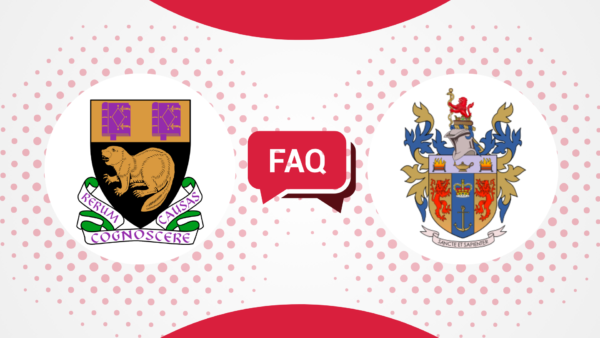
Is King’s College London better than LSE?
The answer depends on a number of factors that involve personal preferences. That said, LSE is generally considered better for social sciences while King’s College is one of the best universities in the world for medicine, healthcare, law, international relations, and some technical courses.
Is UCL better than King’s College London?
By almost all ranking sources, University College London is ranked ahead of KCL, overall. However, there are some subjects like nursing, dentistry and law where King’s surpasses UCL.
Is LSE comparable to the Ivy League?
Yes, the academic and research excellence of LSE can be compared to the Ivy League Universities in the United States.
Is the University of Edinburgh better than KCL?
In terms of ranking, Edinburgh is ranked much higher than KCL. However, KCL has the advantage of the varied opportunities than London offers to students.
What is the most competitive program at LSE?
Economics, finance, global studies, and law are some of the most competitive disciplines at LSE.
You May Also Like
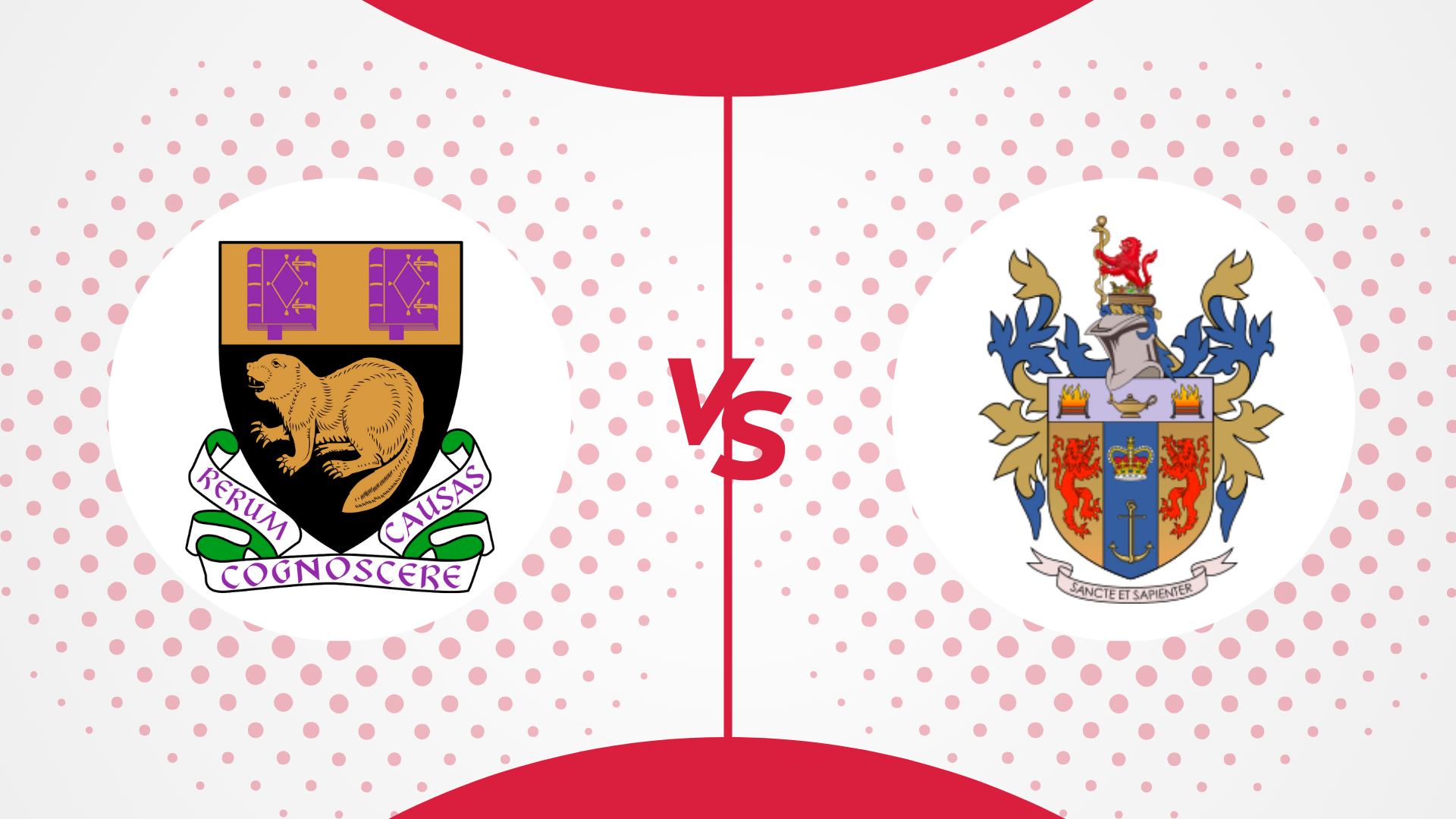
Compare more universities in UK
-

King’s College London vs Imperial College London: How do they Compare [2025]
July 31, 2025 -
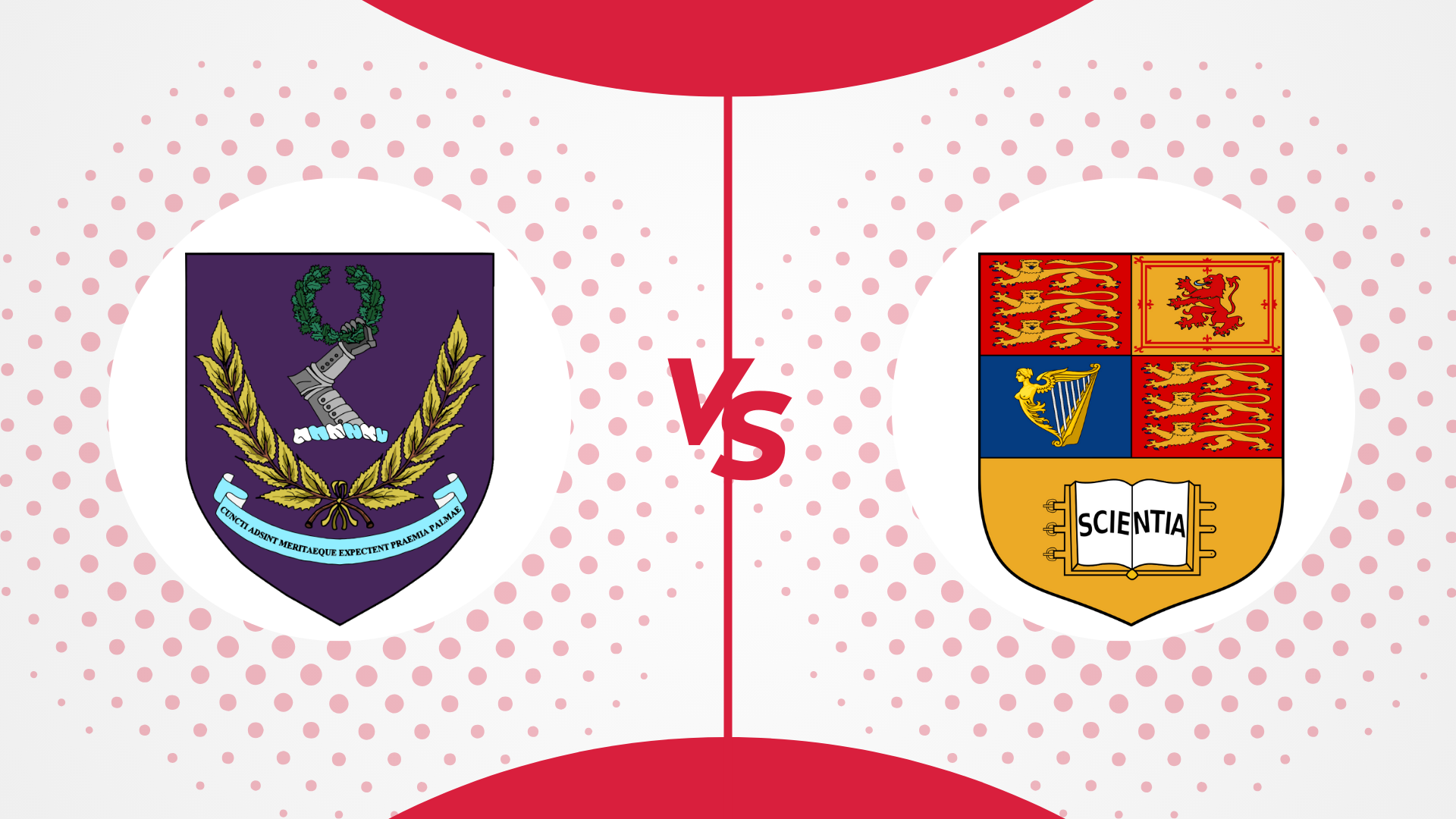
UCL vs Imperial: How Do They Compare? [2025]
July 23, 2025 -
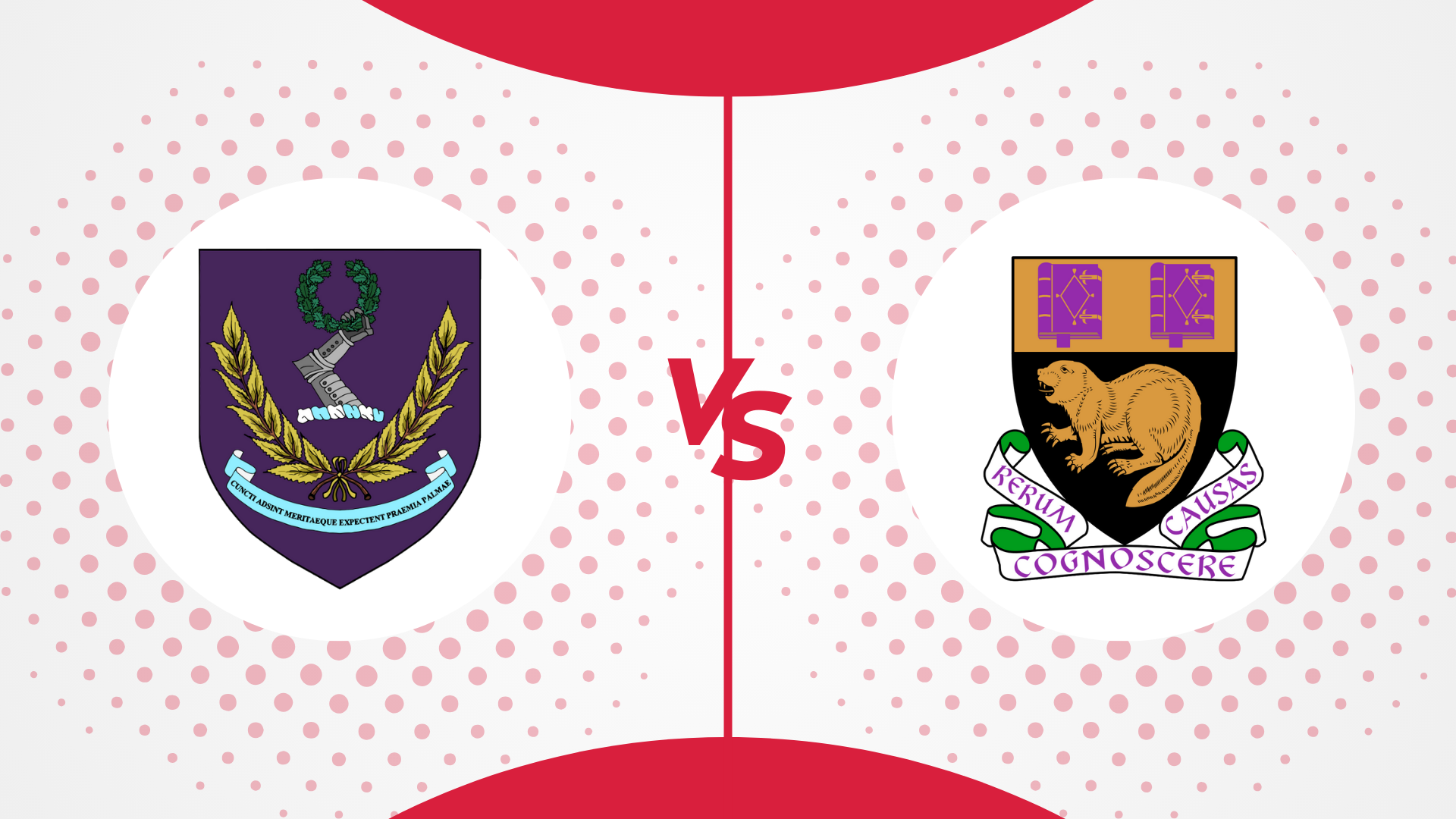
UCL vs LSE: How Do They Compare in 2025?
November 19, 2024 -

Nottingham University vs Nottingham Trent: How Do They Compare? [2025]
November 19, 2024 -
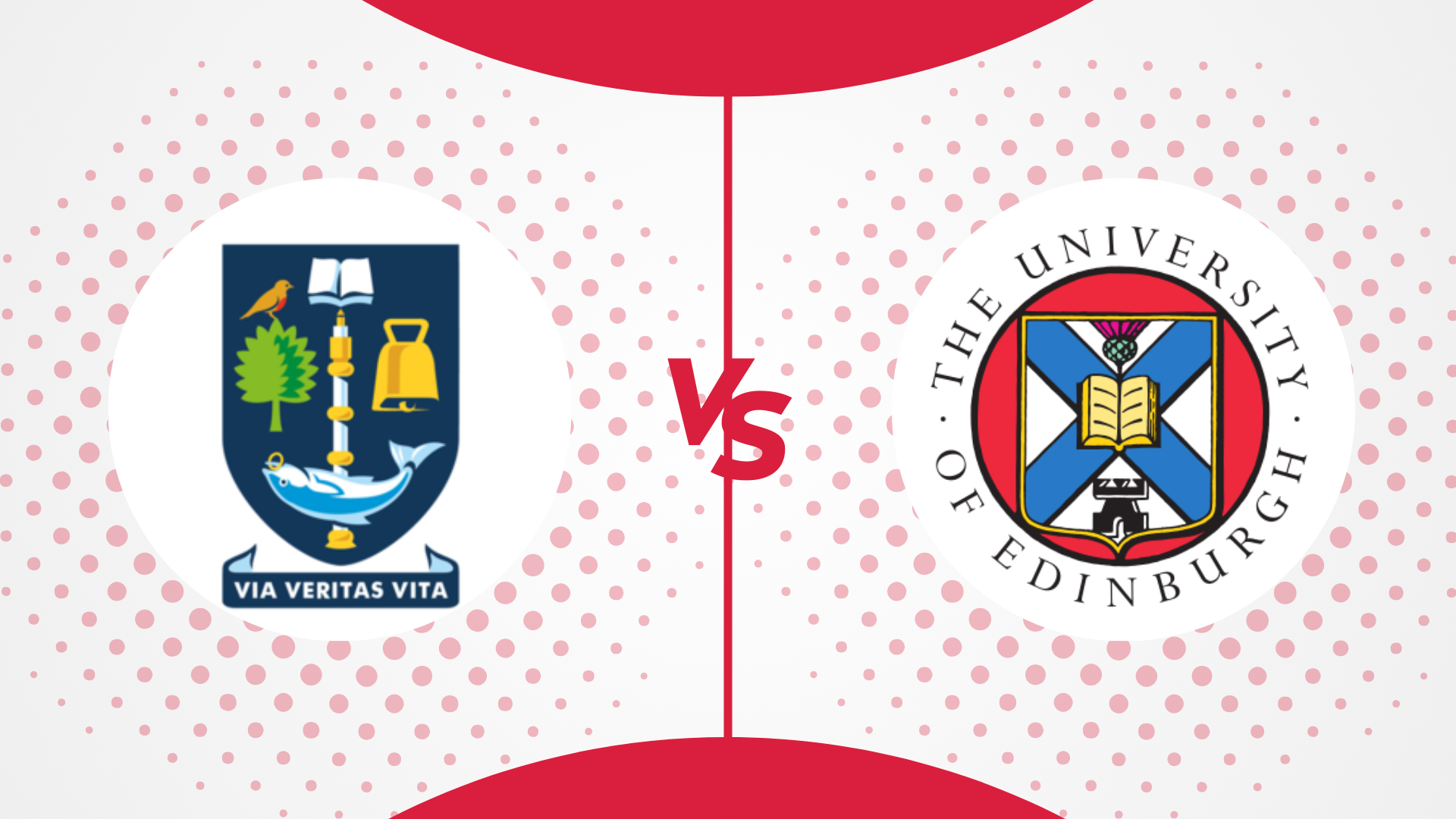
Glasgow University vs University of Edinburgh: How Do They Compare? [2025]
November 19, 2024 -

University of Edinburgh vs King’s College London: How Do They Compare? [2025]
November 7, 2024 -

Durham University vs Glasgow University: How Do They Compare? [2025]
November 6, 2024 -

London School of Economics Vs London Business School: How Do They Compare? [2024]
October 26, 2024 -

LSE vs Oxford: How Do They Compare? [2024]
October 8, 2024 -

Durham vs Warwick: How Do They Compare? [2025]
September 27, 2024


















